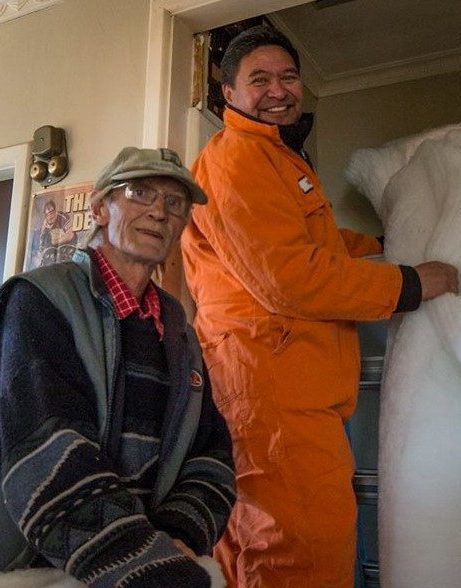CEN and our members are working to grow local resilience and community leadership in the energy and healthy homes sectors. CEN members have been successfully removing energy hardship and increasing energy efficiency for the last 20 years through direct, in-home retrofits and education, community workshops, professional home assessor training, and supporting community renewable energy projects.
Collectively, we have retrofitted over 150,000 homes and given over 300,000 healthy homes assessments. We understand what ‘scale’ means. We also understand what the need is in our communities
We have members throughout the motu, from Kaitaia to Bluff. All of them are deeply connected to the communities in their regions and understand how to meet their local challenges. We are the local experts, taking a systemic and integrated approach to building programmes that increase the health and wellbeing of our communities.
CEN understands that climate change impacts are already putting many of our communities under considerable pressure with ongoing disruptions to their way of living. We also need to accept that the changes to our climate have the potential to become more disruptive over time. This represents a massive challenge and we think that eliminating energy hardship is a foundational requirement to achieving a fair and equitable transition to our new ways of living.
While we are fixing our homes and educating our people on how to run their homes efficiently, we also need to support each community in their energy generation, management and use journey. This includes building distributed energy resources through our regions in close partnership with our network owners, local and central government, technical service providers and investors/funders.
Most of the countries we like to benchmark ourselves to have established thriving community energy sectors so we’ve got some work to do to catch up (and then pass).
CEN members use a community enterprise model of delivery so that we can be responsive to local environmental and social needs while also maximising the impact on jobs, skills training and local economies.




